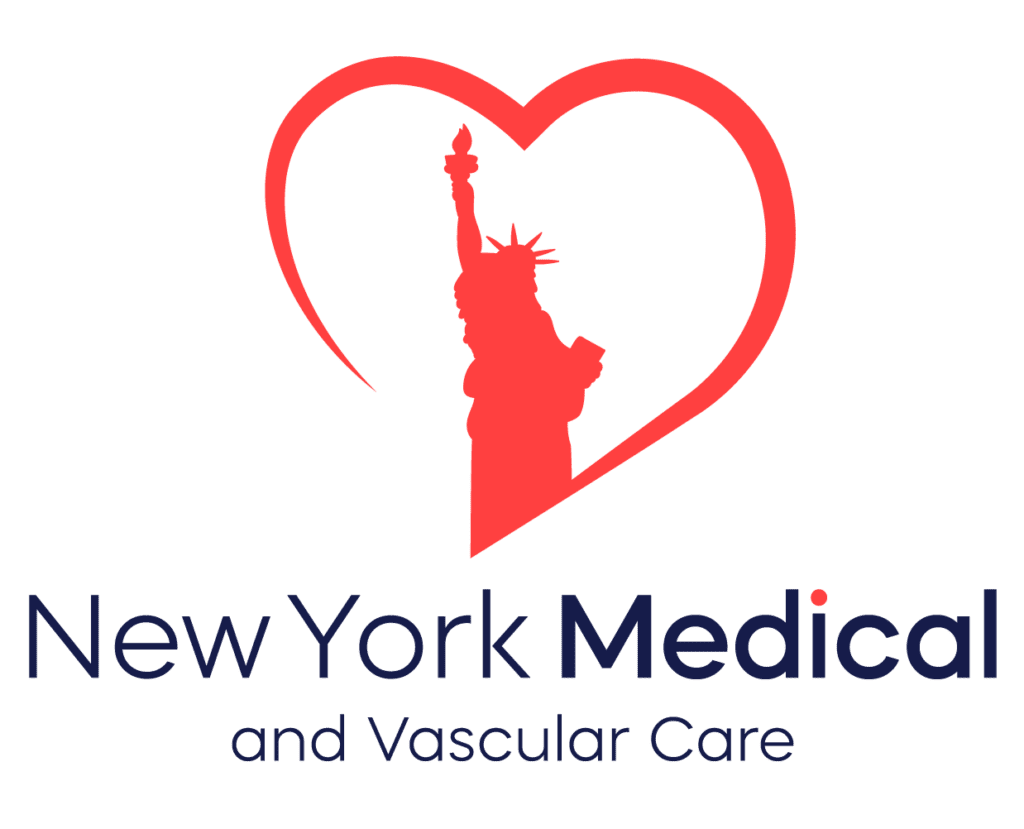Gene therapy is revolutionizing the way we treat and potentially cure genetic disorders and other diseases. This cutting-edge medical innovation focuses on modifying or replacing faulty genes to address the root cause of illnesses, offering hope for conditions that were once considered untreatable. At New York Medical and Vascular Care (NYMVC), we are inspired by the possibilities that advancements in gene therapy bring to modern medicine. Here’s a closer look at gene therapy, its benefits, recent breakthroughs, and what the future holds.
What is Gene Therapy?
Gene therapy is a medical technique that involves altering the genetic material within a patient’s cells to treat or prevent disease. The process typically involves:
- Replacing a defective gene with a healthy one.
- Inactivating or “knocking out” a malfunctioning gene.
- Introducing a new or modified gene to help fight disease.
By targeting the genetic foundation of a condition, gene therapy aims to provide long-term, potentially curative solutions rather than just managing symptoms.
How Does Gene Therapy Work?
Gene therapy employs vectors, often derived from viruses, to deliver therapeutic genes into a patient’s cells. These vectors are engineered to carry healthy genes without causing disease. Once inside the cells, the therapeutic genes integrate with the patient’s DNA, enabling the body to produce the proteins or enzymes needed to combat the disease.
Two common approaches in gene therapy include:
1. Somatic Gene Therapy:
- Targets non-reproductive cells and affects only the treated individual, not their offspring.
2. Germline Gene Therapy:
- Alters reproductive cells and can be passed on to future generations, though this approach is still largely experimental and controversial.
Recent Breakthroughs in Gene Therapy
Gene therapy has seen significant advancements in recent years, with several landmark treatments gaining approval and entering clinical practice. Notable examples include:
- Treatment for Genetic Blindness:
- Luxturna, the first FDA-approved gene therapy for inherited retinal diseases, restores vision in individuals with a specific genetic mutation causing blindness.
- Sickle Cell Disease and Beta-Thalassemia:
- Innovative gene-editing techniques, like CRISPR-Cas9, have been used to correct the genetic mutations responsible for these blood disorders, showing promising results in clinical trials.
- Adeno-Associated Virus (AAV)-Based Therapies:
- AAV vectors are being used to deliver genes that treat conditions such as spinal muscular atrophy (SMA) and hemophilia, providing life-changing results for patients.
- Gene Therapy for Cancer:
- CAR-T cell therapy modifies a patient’s T-cells to attack cancer cells, offering a new frontier in immunotherapy.
Benefits of Gene Therapy
Gene therapy offers numerous advantages that set it apart from traditional treatments:
- Potential Cure: By addressing the underlying genetic cause of a disease, gene therapy can provide long-lasting or permanent solutions.
- Reduced Dependence on Chronic Medications: Gene therapy may eliminate the need for lifelong treatments, improving patient quality of life.
- Broad Applicability: Gene therapy shows promise for a wide range of conditions, including genetic disorders, cancers, and viral infections.
Challenges and Limitations
Despite its potential, gene therapy faces several challenges that must be addressed to realize its full impact:
- High Costs: Gene therapies are often expensive, limiting access for many patients.
- Safety Concerns: There is a risk of unintended immune responses or off-target effects.
- Ethical Considerations: Germline gene therapy raises ethical questions about altering the genetic makeup of future generations.
- Complex Delivery: Developing safe and effective delivery methods for therapeutic genes remains a challenge.
The Future of Gene Therapy
The field of gene therapy is advancing rapidly, with ongoing research focused on overcoming current limitations and expanding its applications. Future developments may include:
- More Accessible Therapies: Efforts to reduce the cost of gene therapy could make it available to a broader population.
- Enhanced Precision: Advances in gene-editing tools like CRISPR could improve the accuracy and safety of gene therapies.
- Expanded Indications: Research is underway to apply gene therapy to more common conditions, such as diabetes and cardiovascular diseases.
Gene Therapy at NYMVC
While gene therapy is still emerging in many areas, at NYMVC, we stay informed about the latest advancements to guide our patients on potential treatments. Our commitment to innovation ensures that we provide the highest level of care and explore options that align with cutting-edge medical science.
Conclusion
Gene therapy represents a transformative step forward in the treatment of genetic disorders and beyond. By addressing diseases at their root cause, this innovative approach offers hope for better outcomes and improved quality of life. At NYMVC, we are proud to support advancements in medicine and remain dedicated to exploring new possibilities that enhance patient care.
Written by DapraLab


